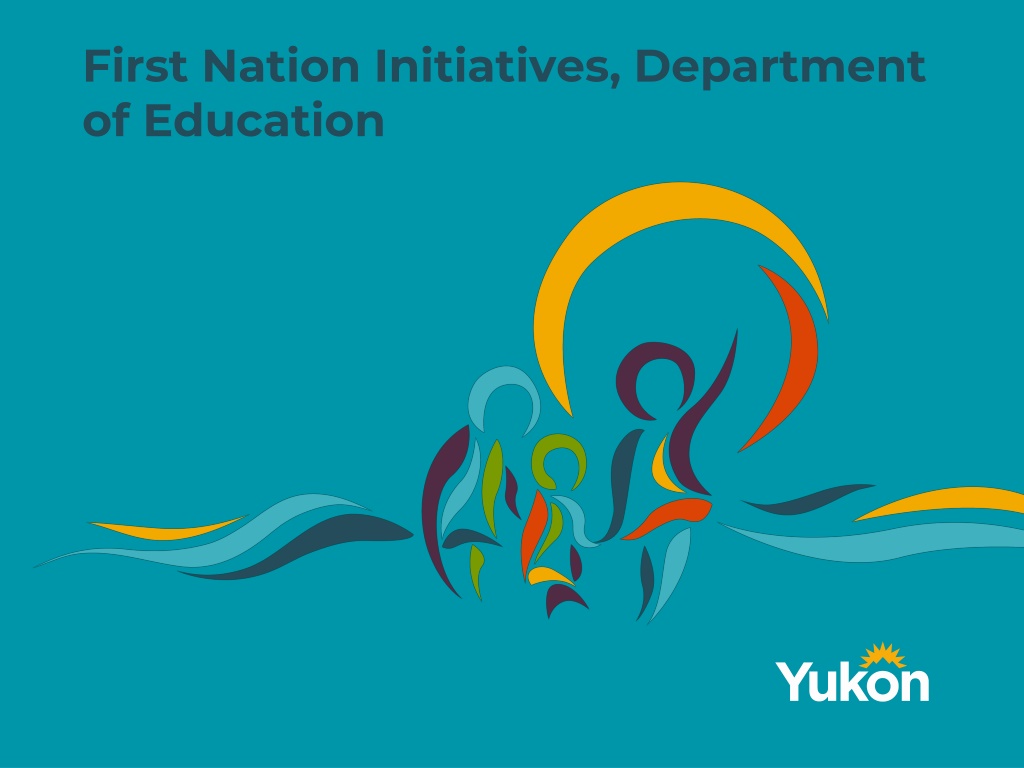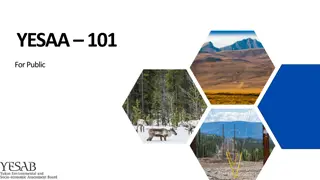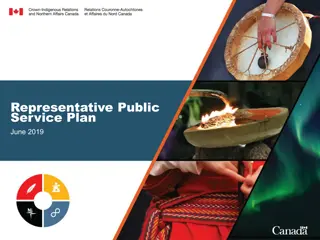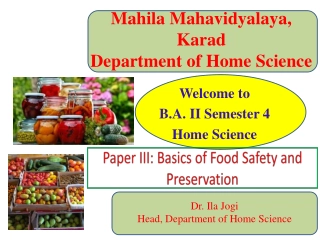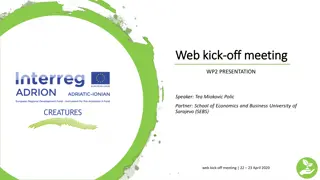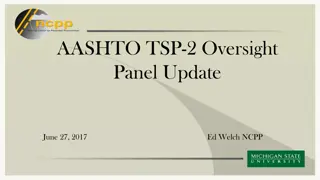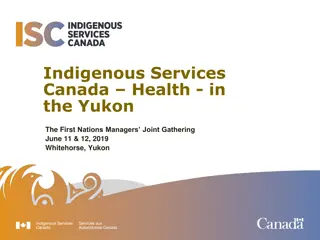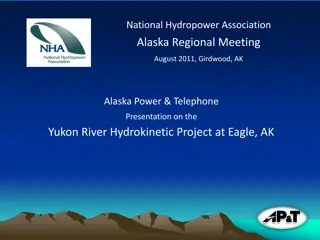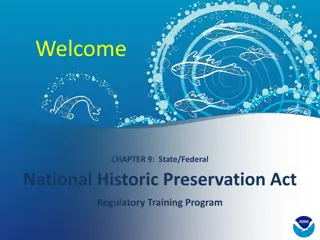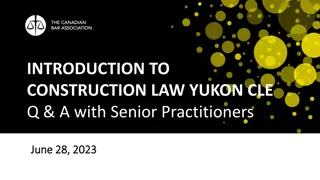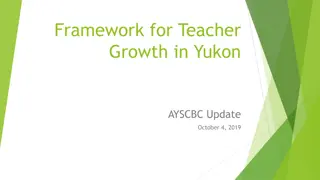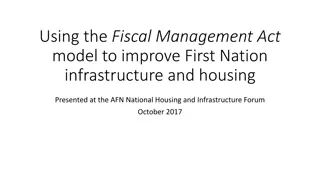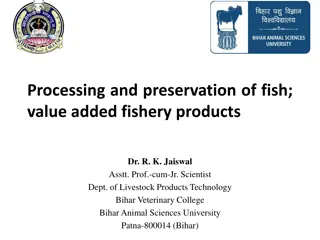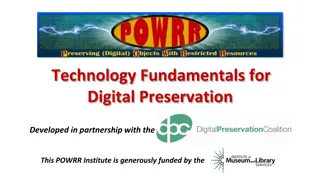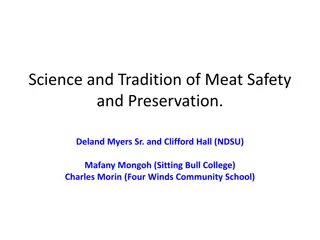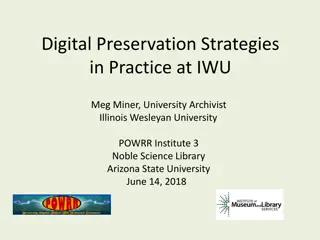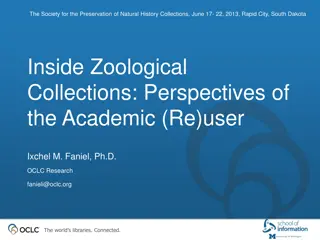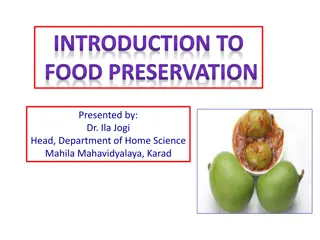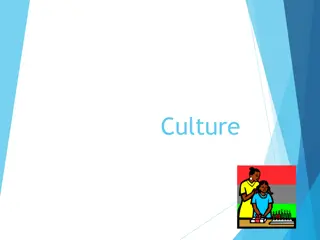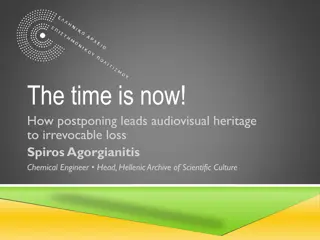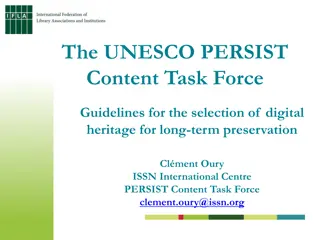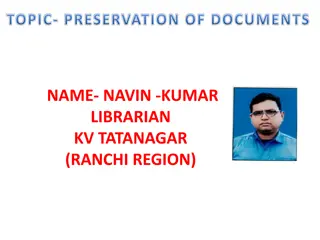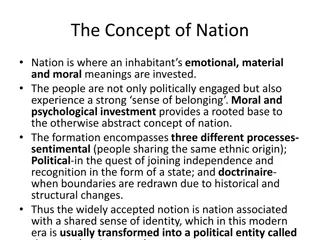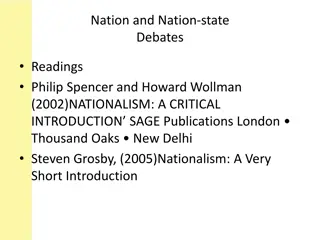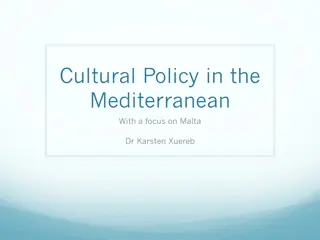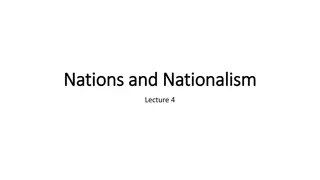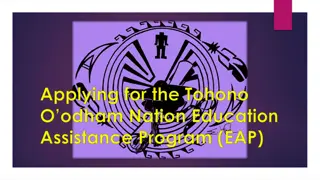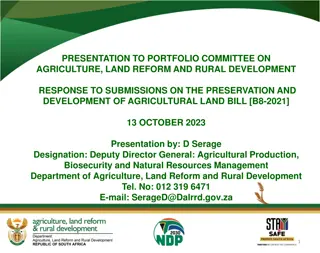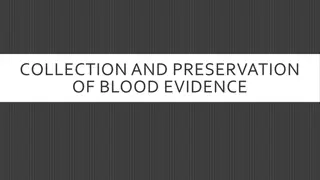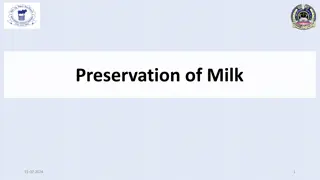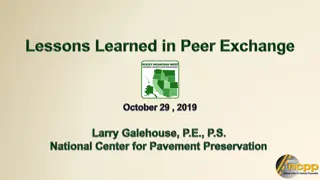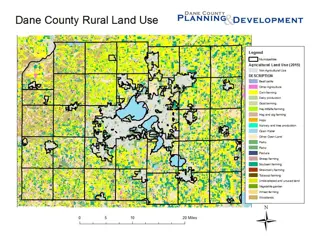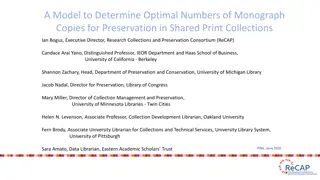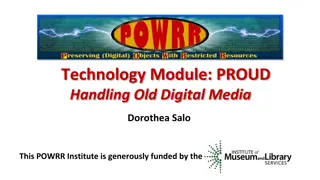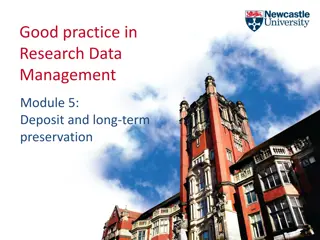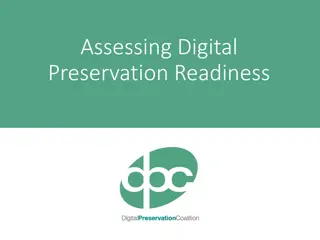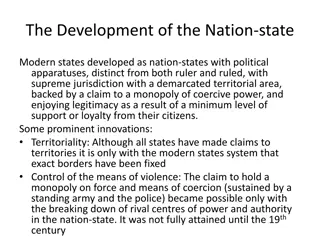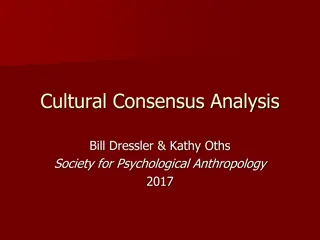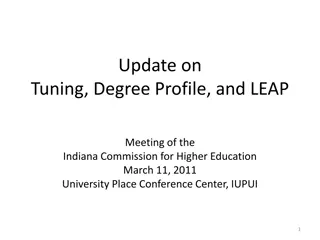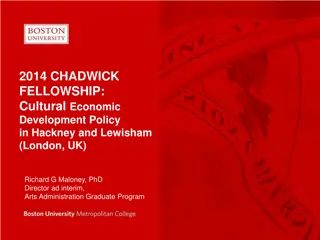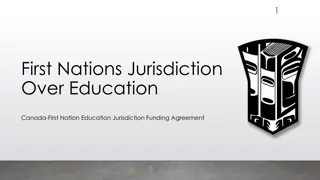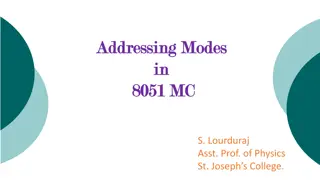Addressing First Nation Initiatives in Yukon: Education & Cultural Preservation
Explore the significant role of the ADM position in First Nation Initiatives, historical context, and cultural efforts in Yukon. Learn about the initiatives to improve education outcomes, integrate First Nations context in the system, and preserve cultural identity. Understand the challenges faced by First Nations and the resilient efforts towards cultural revitalization and awareness.
Download Presentation

Please find below an Image/Link to download the presentation.
The content on the website is provided AS IS for your information and personal use only. It may not be sold, licensed, or shared on other websites without obtaining consent from the author. Download presentation by click this link. If you encounter any issues during the download, it is possible that the publisher has removed the file from their server.
E N D
Presentation Transcript
First Nation Initiatives, Department of Education
Introduction Lori Duncan. Crow clan of the Ta an Kwach an Council. From the LeBarge family. Born and raised in the Yukon Nursing and Health Administration background Worked for First Nations for 17 years. Education and Health do have similarities especially when it is relationship building.
ADM First Nation Initiatives After discussion with the First Nations Education Commission and the Chiefs Committee on Education, YG agreed to hire an ADM position. This was to ensure First Nations had a voice and in response to the Truth and Reconciliation Calls (TRC) to Action #62 and now the Office of the Auditor General (OAG). The position provides the required leadership and direction to ensure the collective and individual educational priorities of Yukon First Nations are identified, tracked and supported through the development and implementation of initiatives to improve education outcomes for First Nation learners.
ADM roles Clear that there is direction to make change Integrate and make sure that First Nations context is throughout the system Teaching teachers to teach about First Nations and be comfortable Working collaboratively with the Superintendents, Principals, all Branches of the Department, all staff, School Councils and other departments. collaboratively work with the each First Nation Government, YG employees, FNEC, CCOE, CYFN, YNLC Change in the department to be the advisory to all instead of doing anything and all to do with First Nations
Historical context First Nations in Yukon have been through a very rough 100 years. Oppression, colonization, (contact, missionaries, IRS, Indian Act, forced to move, no language, no traditional practices, complete assimilation.) After that learning to cope with no language, no identity, no children was to cover up with alcohol and violence etc. Add poverty, poor housing, etc, etc. FN have been so resilient in all of this but there have been major set backs. FN101 gives a basic foundation about Yukon First Nations. This along with many resources that have been created, help to bring an understanding to the historical context of Yukon First Nations
Cultural efforts All with great intent there is a movement to address the loss of culture by introducing a number of things. Fed and Provincial and Territorial Government have all efforts to include cultural safety, awareness, inclusion, competency, orientations etc. Note Education has done many things that help to improve outcomes for children and create awareness and bring back identity through culture and language.
Cultural . Cultural Safety, cultural inclusion, cultural awareness, cultural competency To me means: Respect Knowledge Awareness Compassion Free from judgment More support and understanding Understand historical context.
Vision and plan To make learning outcomes of First Nation Students better Work collaboratively to implement the pillars of the Joint Education Action Plan (JEAP) 1. K-12 Culture and Language 2. Authority, Control and Responsibility 3. Sustainability, Support and Success 4. Closing the Academic Achievement Education Gap Work collaboratively to address and respond to the report of the Auditor General
Plan Initially start collaborating more with individual First Nation Governments. Work as above to make a process that is worked on regularly FNEC will help to give guidance and direction. Need to be advised by First Nations. Working collaboratively with CCOE, CYFN, FNEC, Individual First Nation Governments and Departments etc Work with schools, School Councils, Principals, Superintendents etc
Education Agreements Work with each First Nation Government to develop an Education Agreement Develop joint priorities that are for each First Nation Some have brought in other Departments or other funding (i.e work collaboratively). Based on Yukon First Nation needs and priorities We meet regularly and develop an agreement then meet regularly to ensure these are meeting First Nation needs.
Truth and Reconciliation commission (TRC) Established through a class action case on Indian Residential School Government of Canada were obliged to create a TRC to: Acknowledge residential school experiences, impacts and consequences Provide a holistic, culturally appropriate and safe setting for former students, their families and communities as they come forward to the Commission Witness, support , promote and facilitate Truth and reconciliation events at both national and community levels Promote awareness and public education of Canadians about the IRS system and its impacts
TRC cont Identify sources and create as complete an historical record as possible of the Indian Residential School (IRS) System and legacy. The record shall be preserved and made accessible to the public for future study and use. Produce and submit to the Parties of the Agreement a report including recommendations to the Government of Canada concerning the IRS system and experience including: the history, purpose, operation and supervision of the IRS system, the effect and consequences of IRS (including systemic harms, intergenerational consequences and the impact on human dignity) and the ongoing legacy of the residential schools; Support commemoration of former Indian Residential School students and their families in accordance with the Commemoration Policy Directive.
Truth and Reconciliation (TRC) Truth must be told and awareness be created before reconciliation can be achieved. Reconciliation is about building ongoing relationships with Yukon First Nations, based on collaboration and respect. Education has an important role to play in truth and reconciliation, as reflected in the Calls to Action of the Truth and Reconciliation Commission of Canada. We want to work on shared priorities and find solutions that benefit students, schools and communities, now and over the long term. Making sure all staff and teachers work on truth and reconciliation and understand the meaning. Also to explain the TRC calls to Action and why they are important.
Office of Auditor General Report (OAG) Development of a strategy to address gaps and improve student outcomes. Develop oversight mechanisms with summary reports and teacher evaluations Full review of services and supports Implement policy to collaborate with Yukon First Nations Meet regularly with Yukon First Nations on JEAP Partnership with Yukon First Nations, school boards and school councils: support First Nations language learning Determine HR and training required for sufficient classroom support teachers as it pertains to FN culture and language
Most Recent Projects & Activities FNPP Support for Schools and Teachers integration of Yukon First Nations content, and ways of knowing and doing into the redesigned curriculum Support for Schools and Teachers developing, facilitating and providing guidance for experiential learning activities that integrate Yukon First Nations ways of knowing, doing and being Support First Nation language programs and Aboriginal Language Teachers in Yukon schools Provide support in the development of work plans and implementation of Education agreements with Yukon First Nations Just finished field test training of the Grade 5 Indian Residential School curriculum. 9 Teachers are implementing.
What are we doing now? Setting up meetings with First Nations and schools, Principals, teachers and School Councils. Working with CYFN, CCOE, FNEC. Meeting with Branch s of the Department and staff. Working at a higher level to create more First Nation understanding and knowledge. New FNPP Director just starting next week. Government of Yukon 15
Mhsi choo - Gwichin M hsi cho H n S g s nl - Kaska Sh w n th n Southern Tutchone M hsin cho Northern Tutchone G n lchish - Tagish Gunalch sh Tlingit Gunalch esh Tlingit Tsin jj choh Upper Tanana Lori Duncan ADM, First Nation Initiatives Lori.Duncan@gov.yk.ca 867-456-6752
